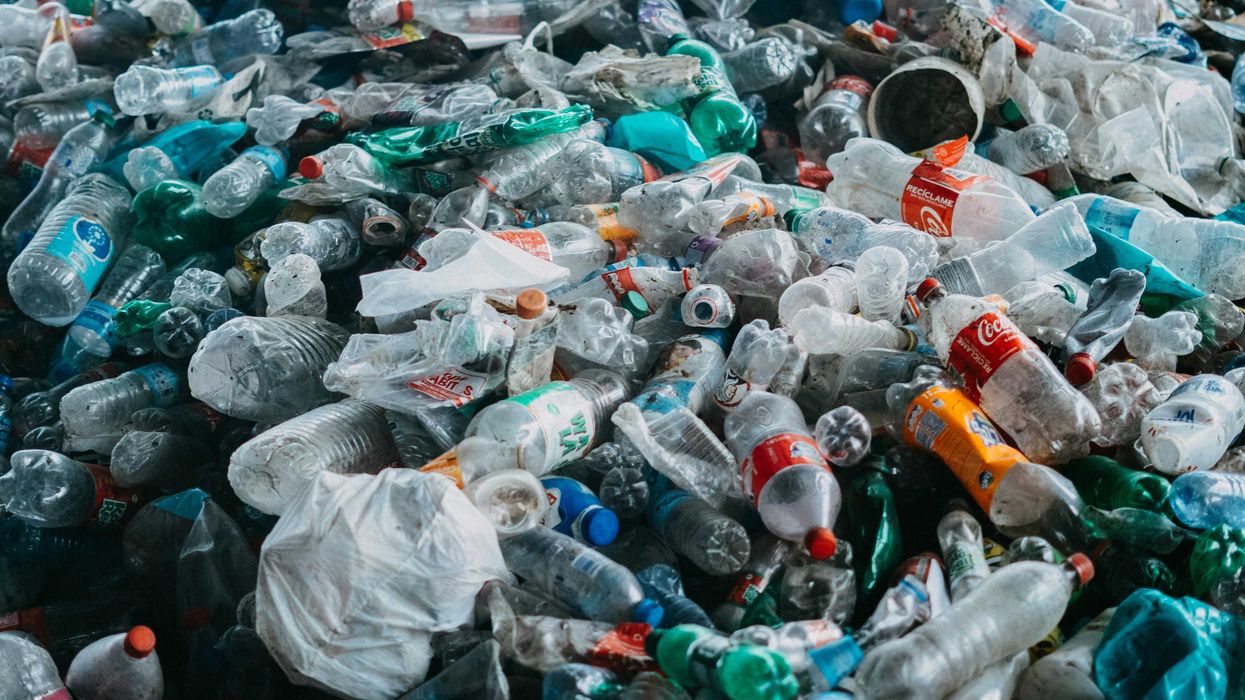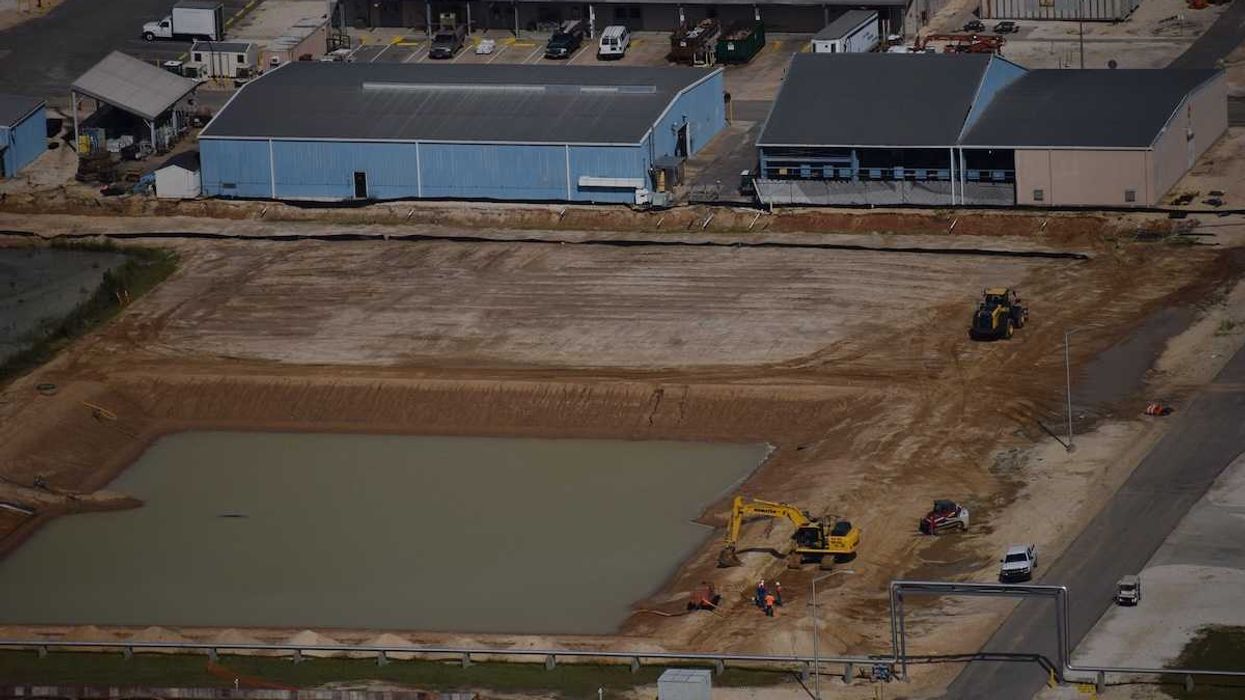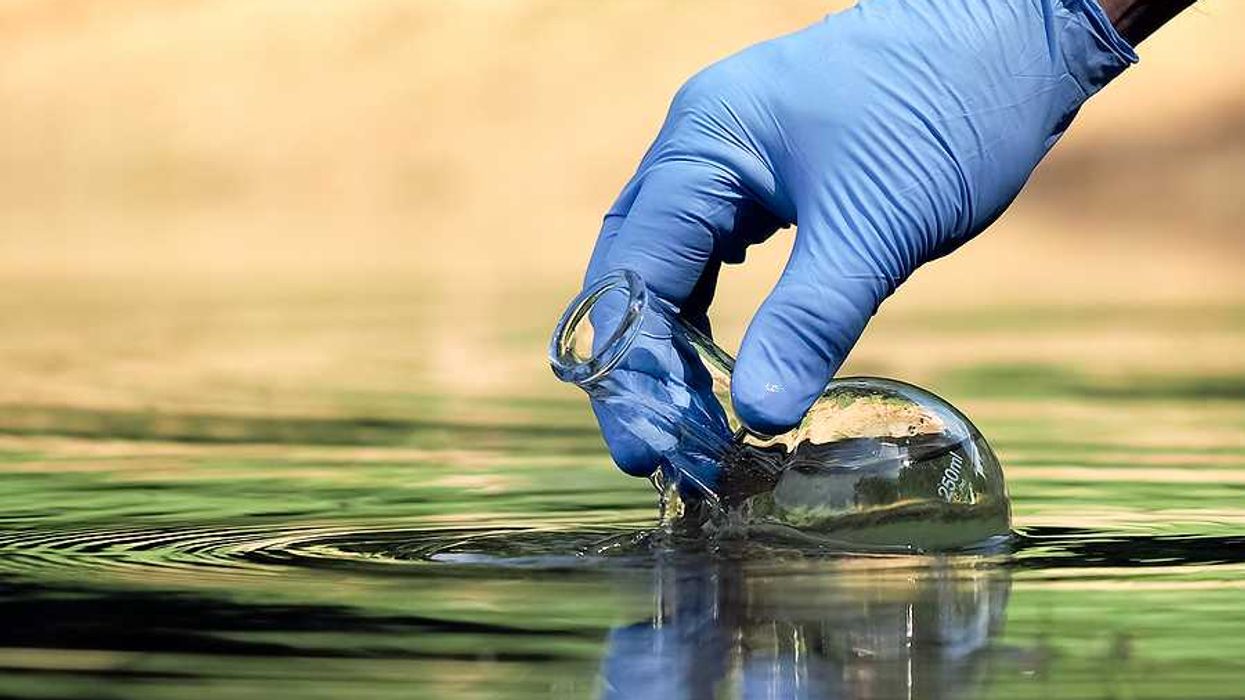The U.S. Environmental Protection Agency (EPA) is facing a lawsuit after approving a Florida road project that would use phosphogypsum, a radioactive waste from fertilizer production, despite long-standing bans on its use in construction.
Amy Green reports for Inside Climate News.
In short:
- The Center for Biological Diversity filed a lawsuit against the EPA, arguing that using phosphogypsum in road construction poses unacceptable health risks.
- Mosaic Fertilizer plans to build a test road east of Tampa, incorporating phosphogypsum in its base, with oversight from University of Florida researchers.
- Phosphogypsum contains radium, which decays into radon gas, a known carcinogen, and is typically stored in massive stacks to limit exposure.
Key quote:
“Part of what makes this process so alarming, it’s not just a one-off science experiment. It’s being billed as the intermediate step between laboratory testing and full-scale implementation of the idea.”
— Ragan Whitlock, Florida staff attorney at the Center for Biological Diversity
Why this matters:
Phosphogypsum, a byproduct of phosphate fertilizer production, is a long-standing environmental hazard due to its radioactivity. The U.S. has over a billion tons stored in Florida alone, with millions more added annually. Allowing its use in roads could increase public exposure to radiation and set a precedent for broader application. Critics warn that past incidents, such as leaks from Mosaic’s Piney Point site, show the risks of mishandling this waste. The lawsuit raises questions about environmental safety and regulatory oversight.
Read more: Polluted waste sites pose disaster risks as Hurricane Milton strikes Florida














